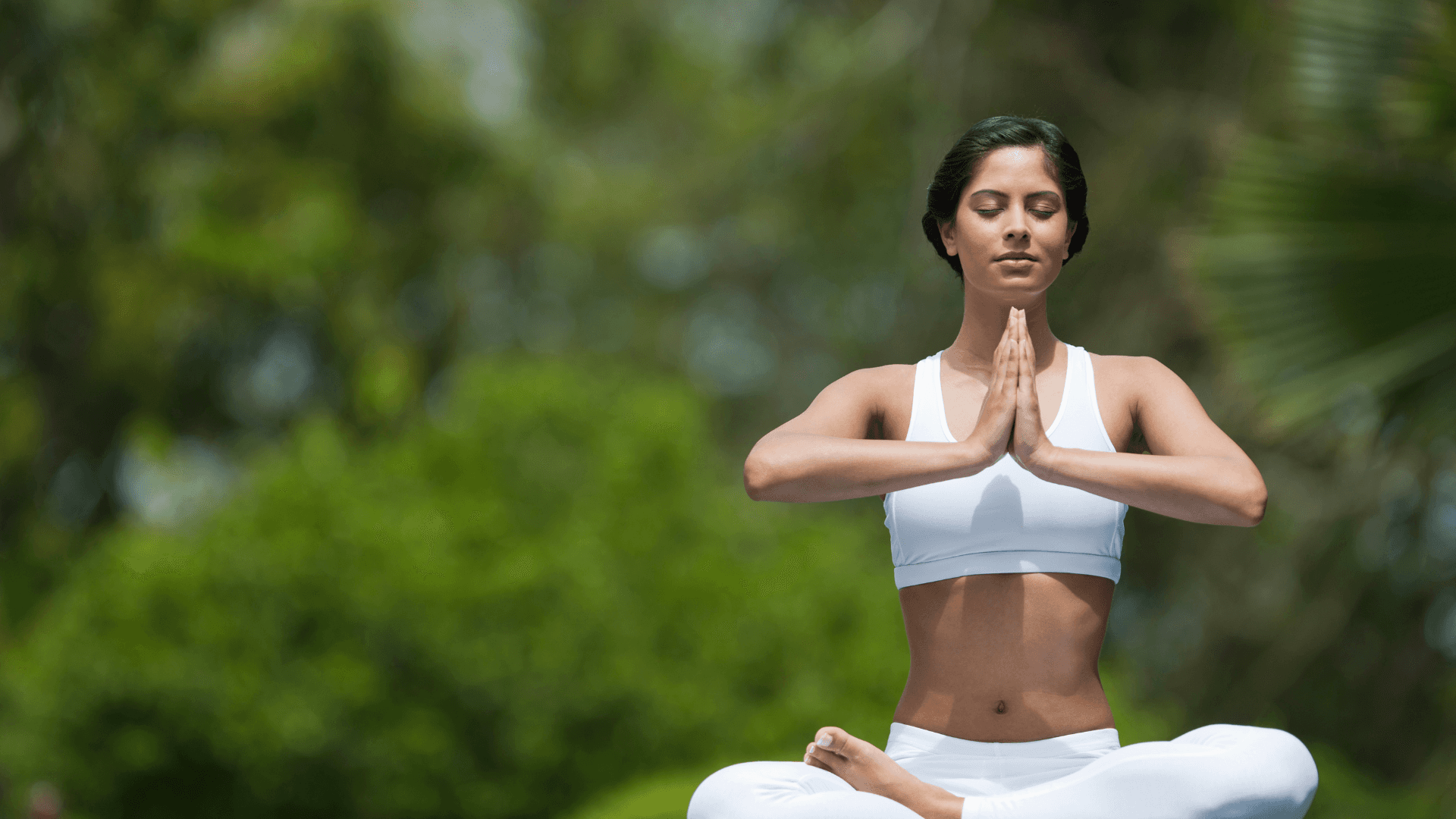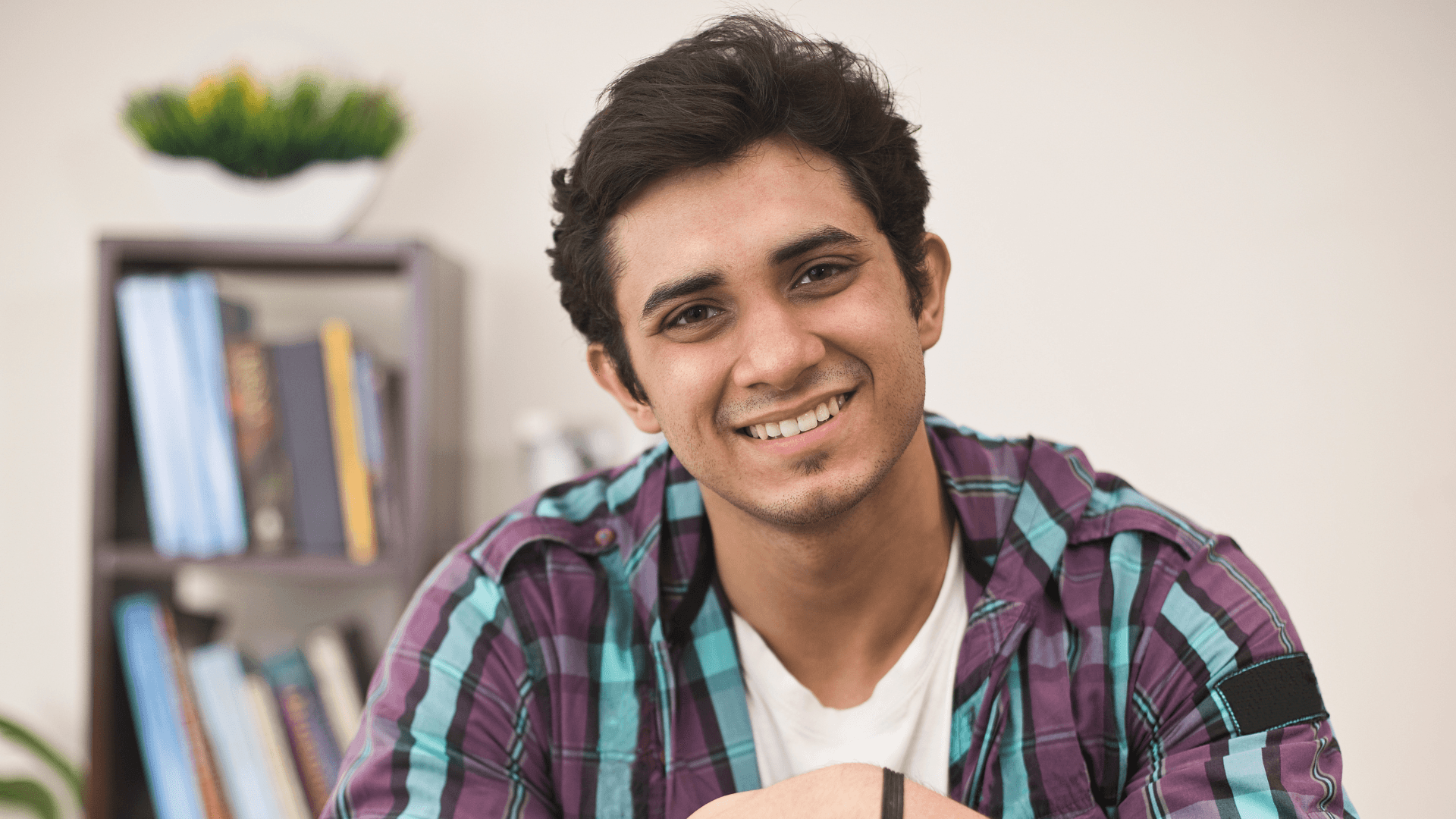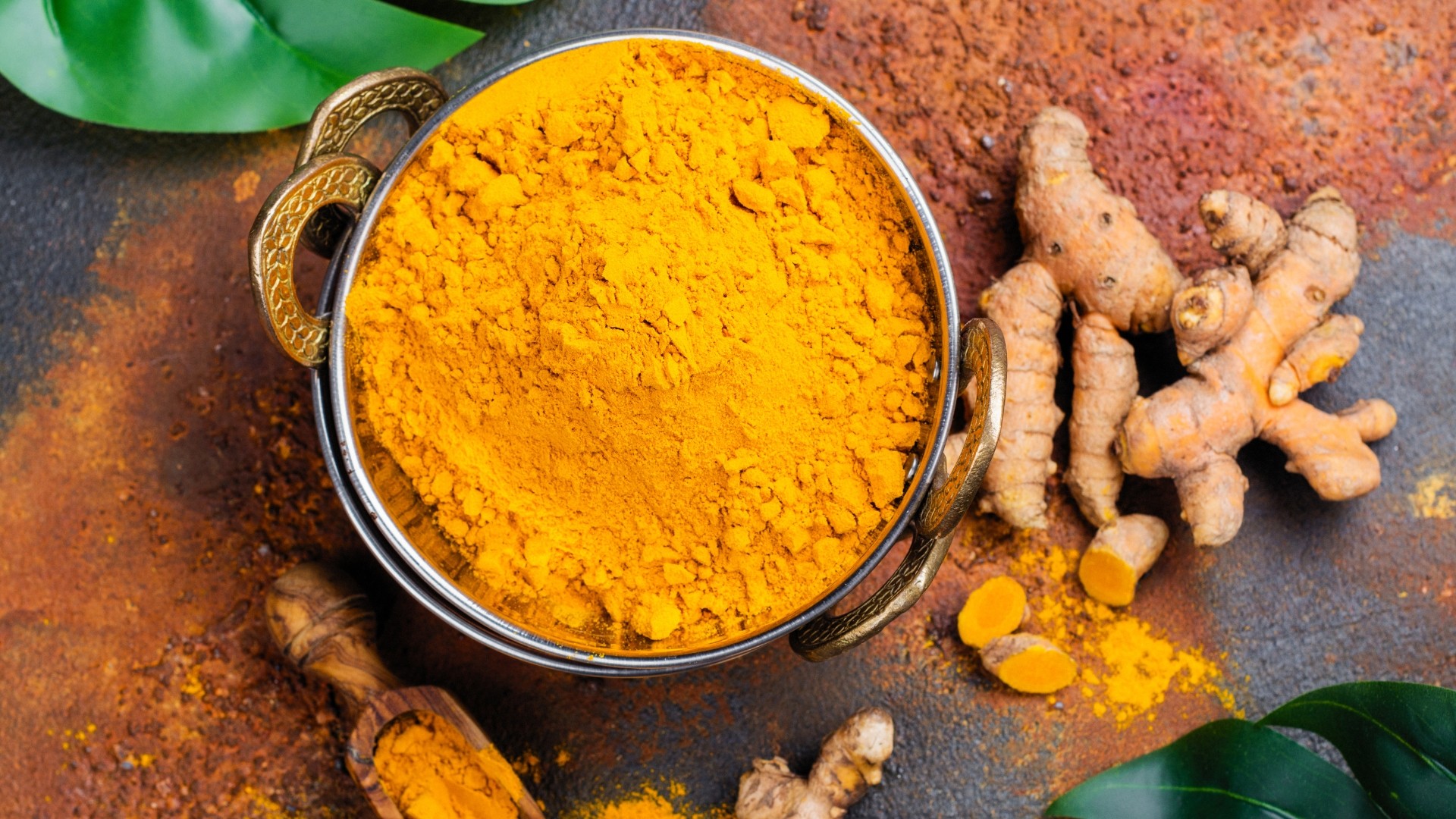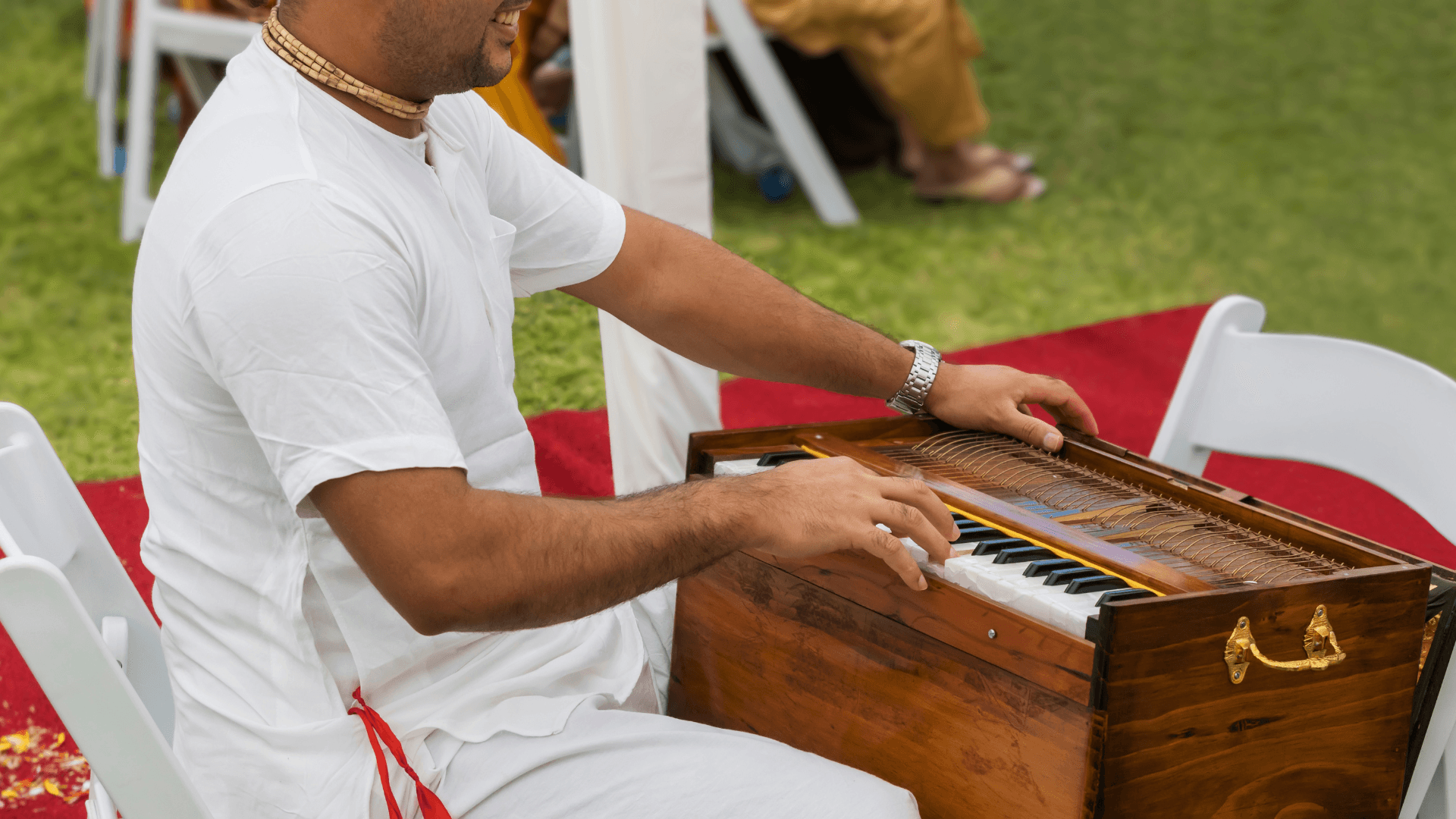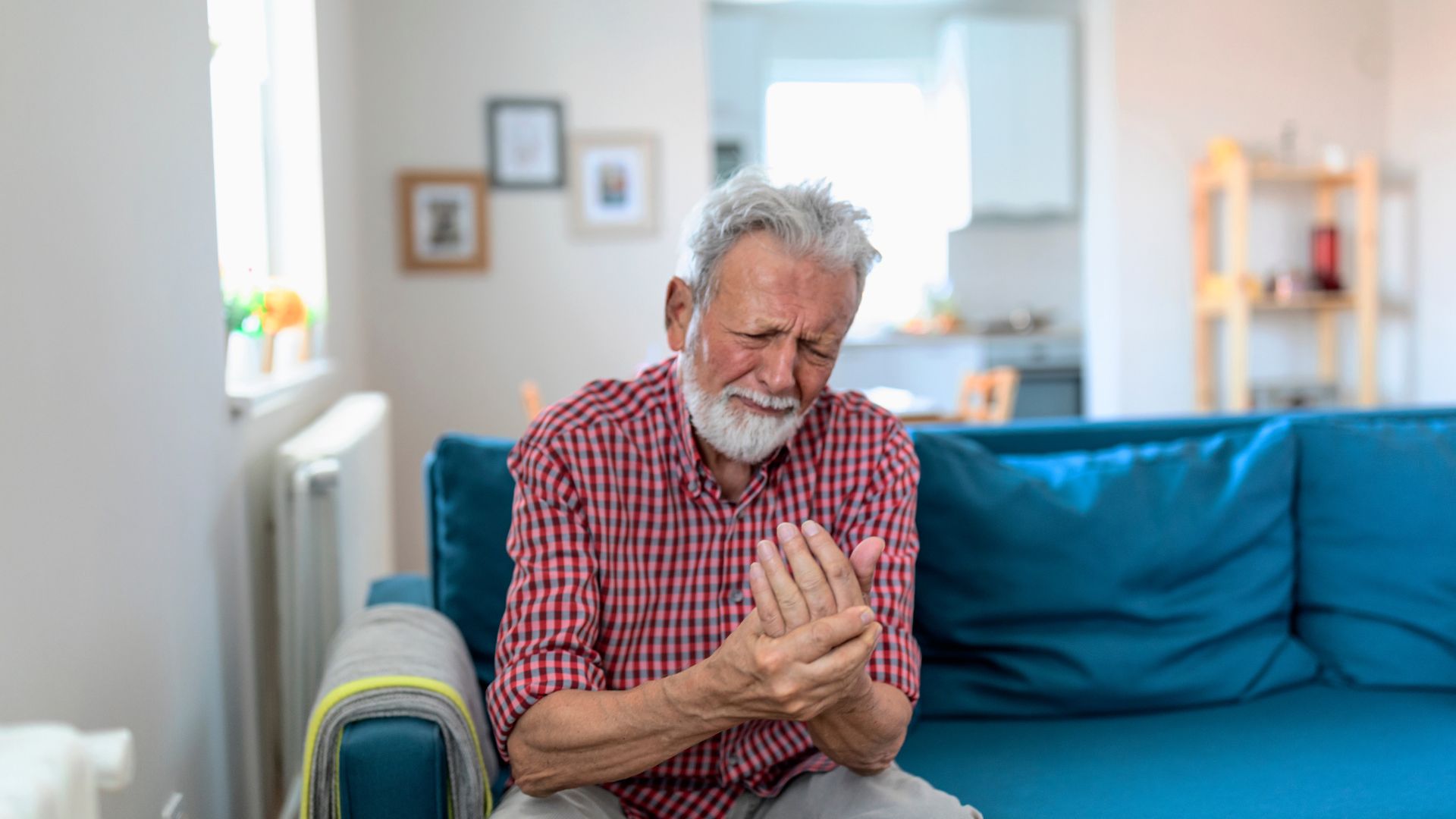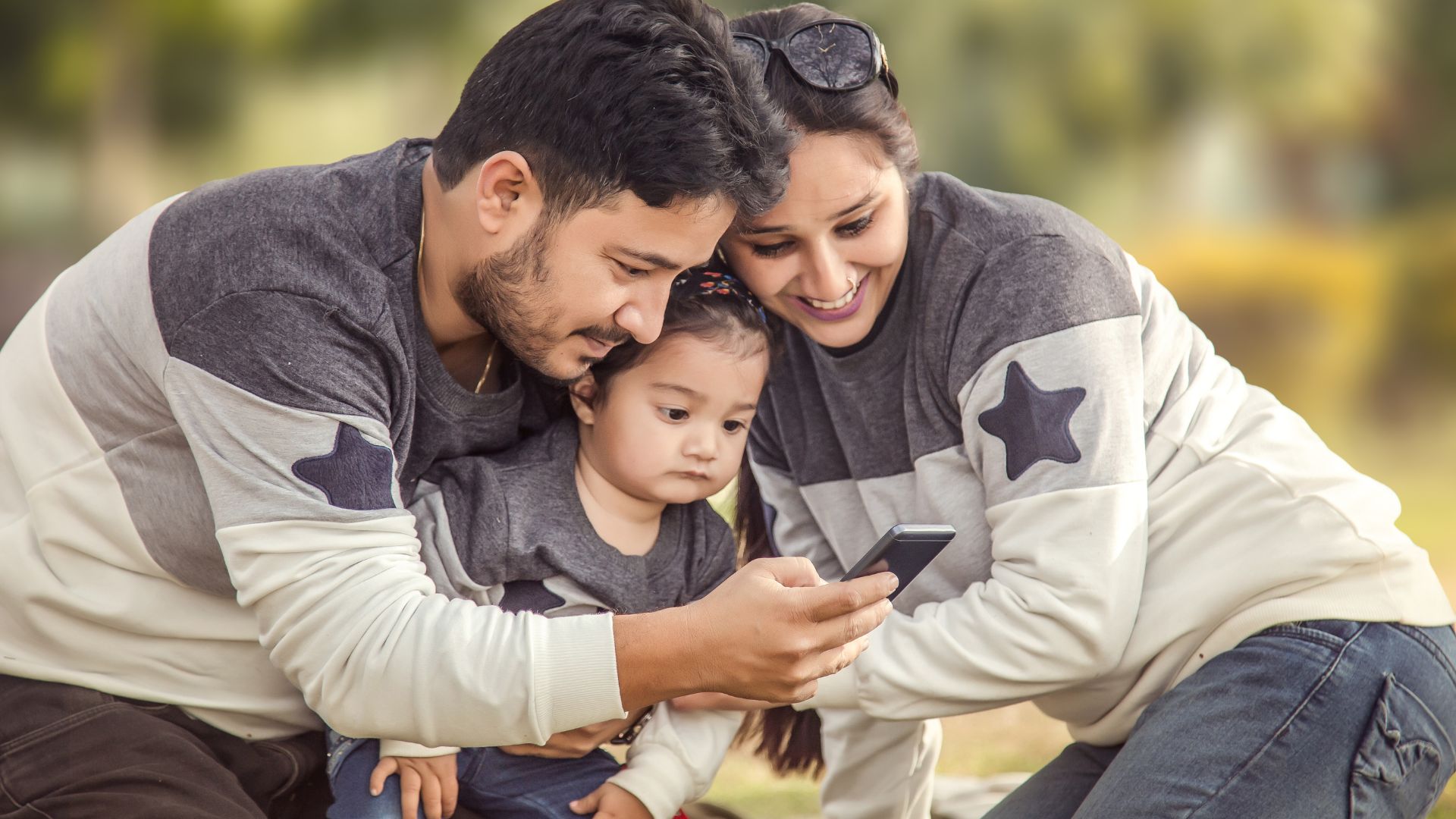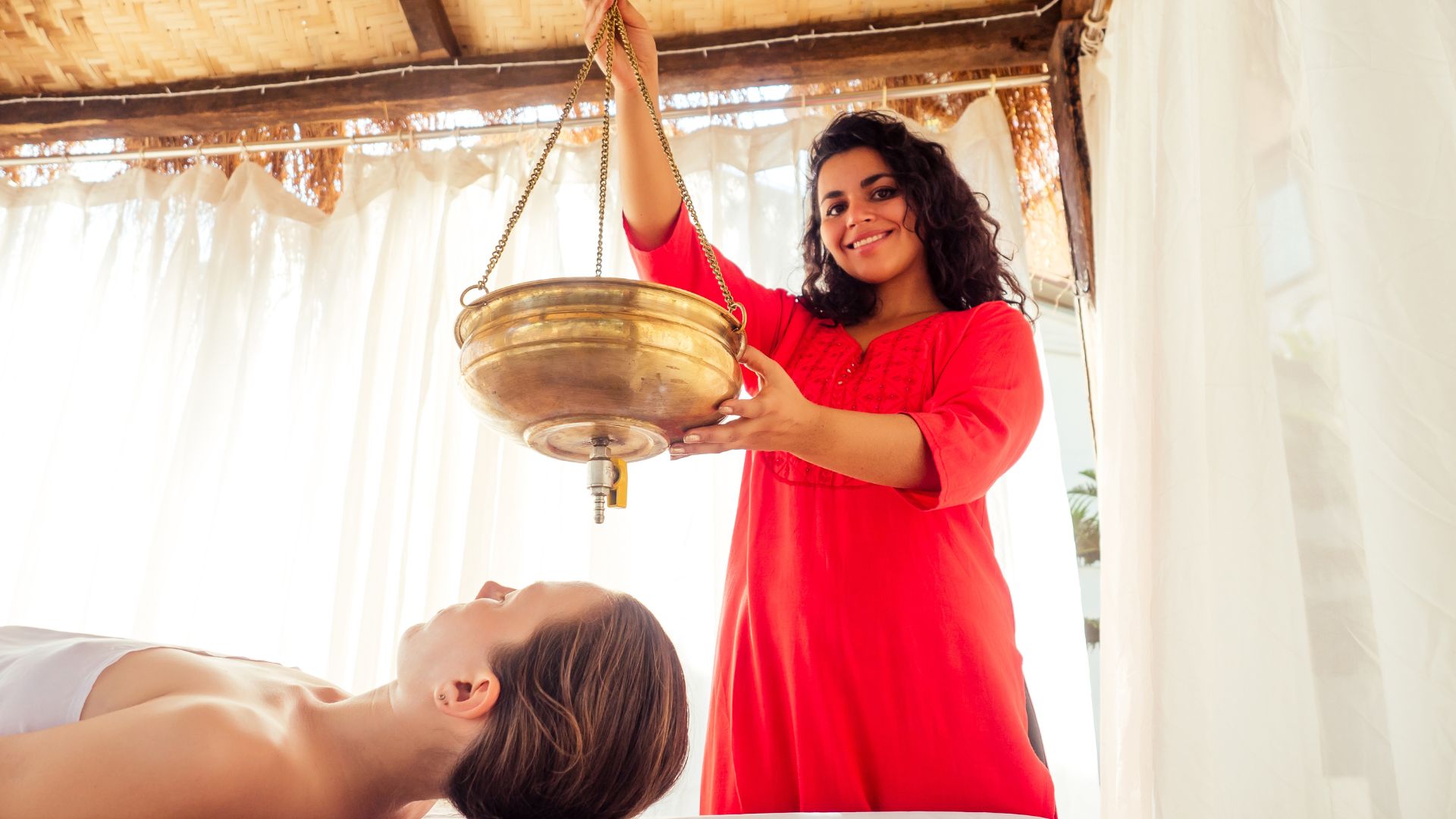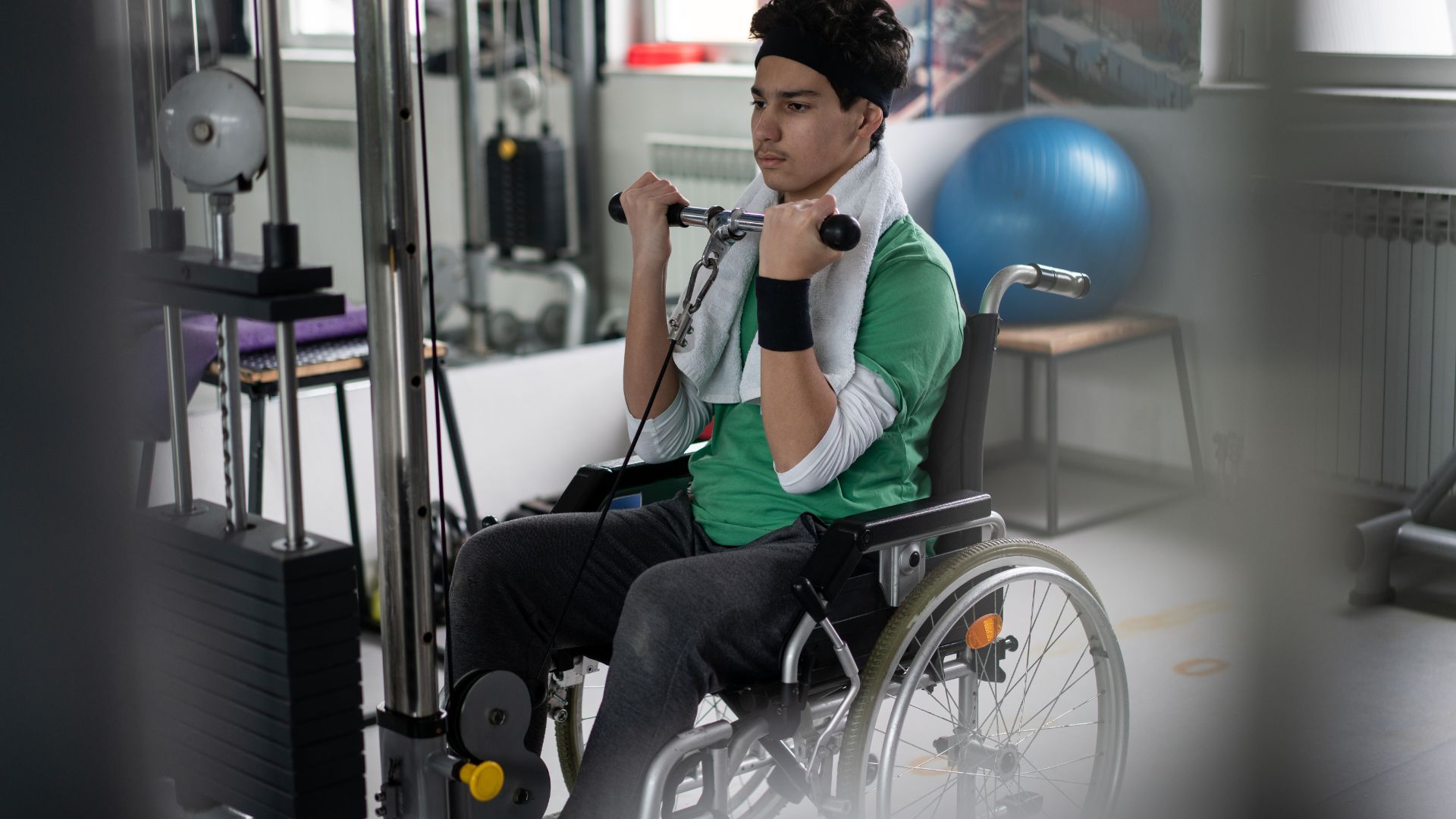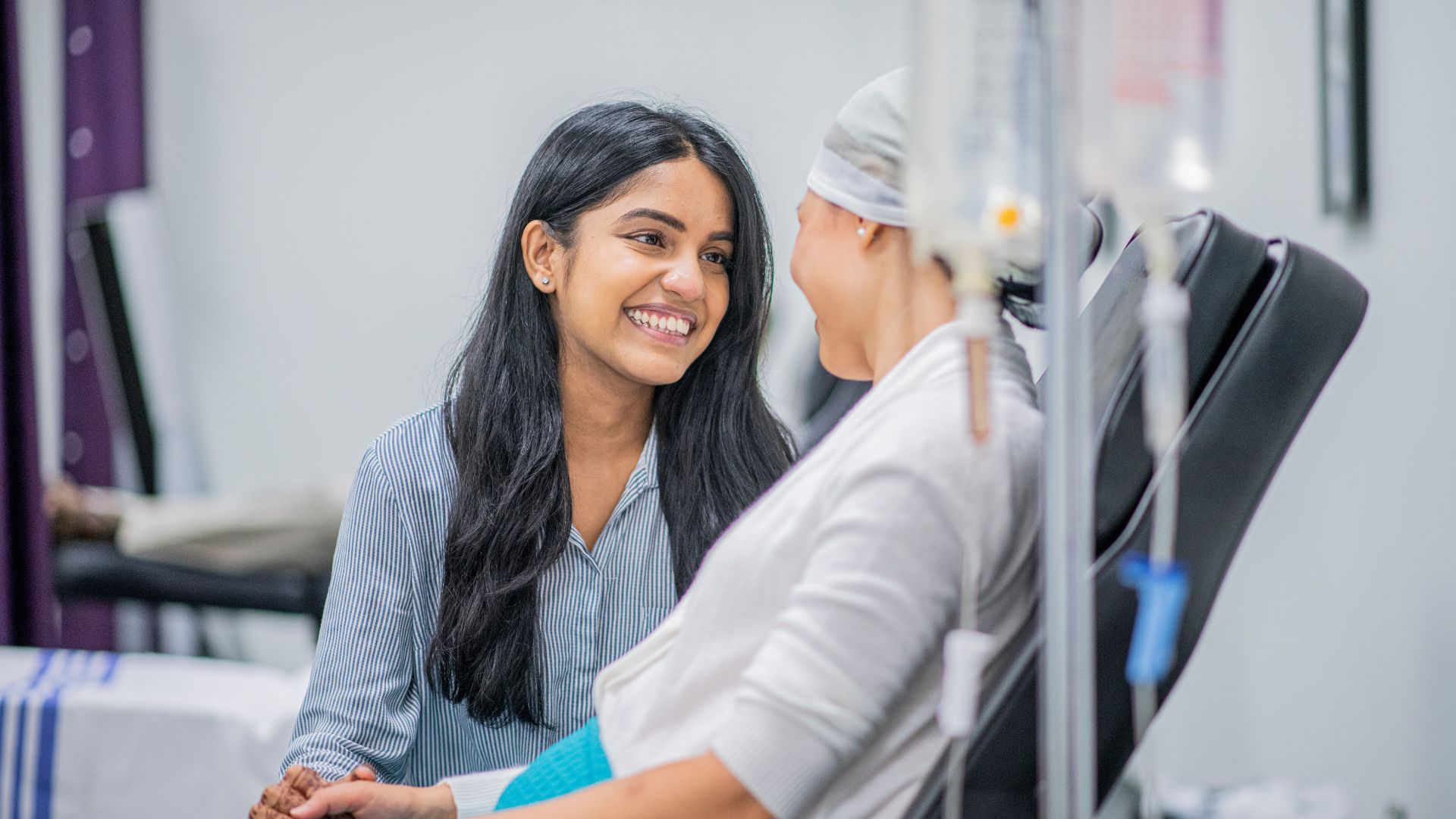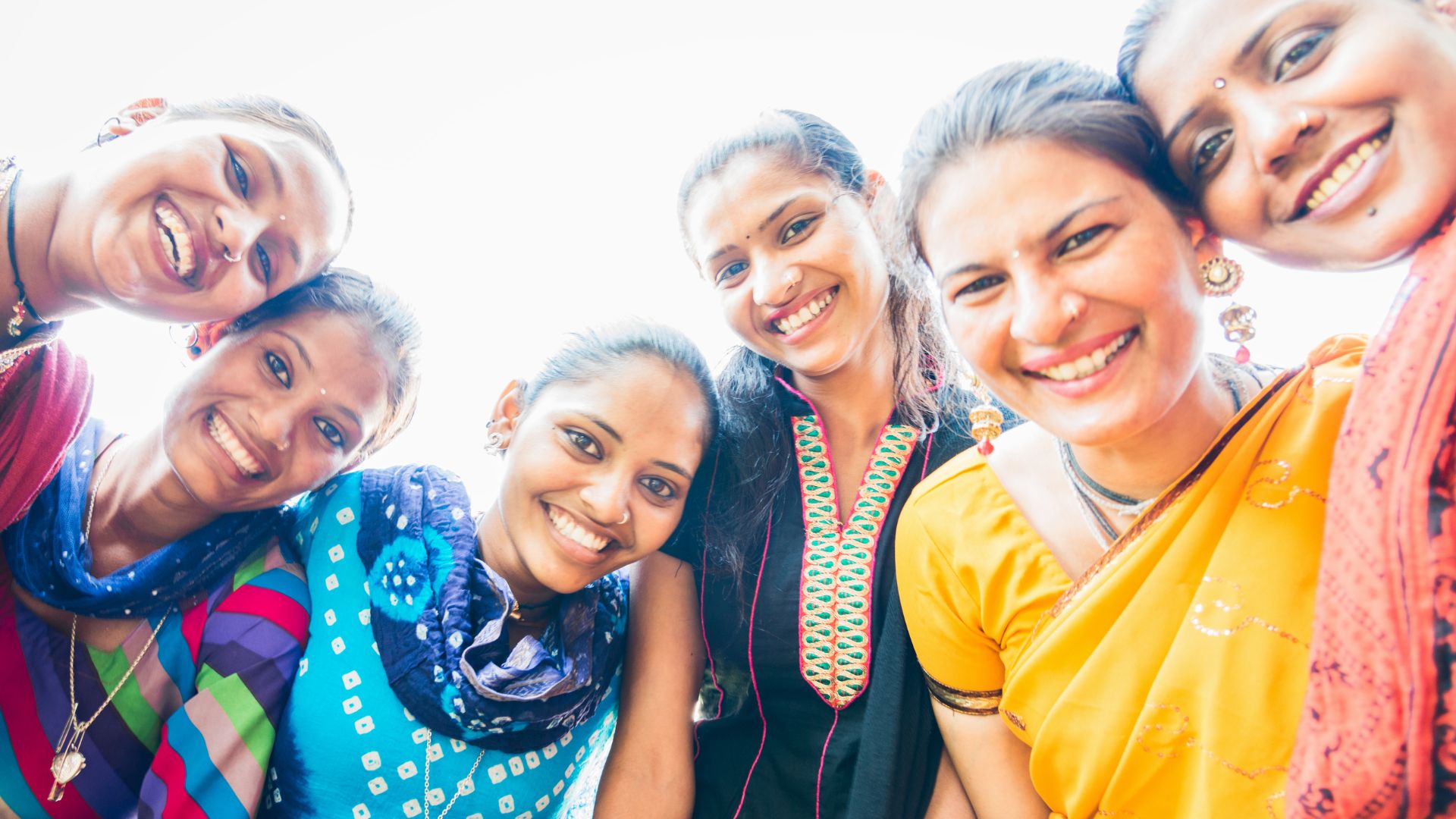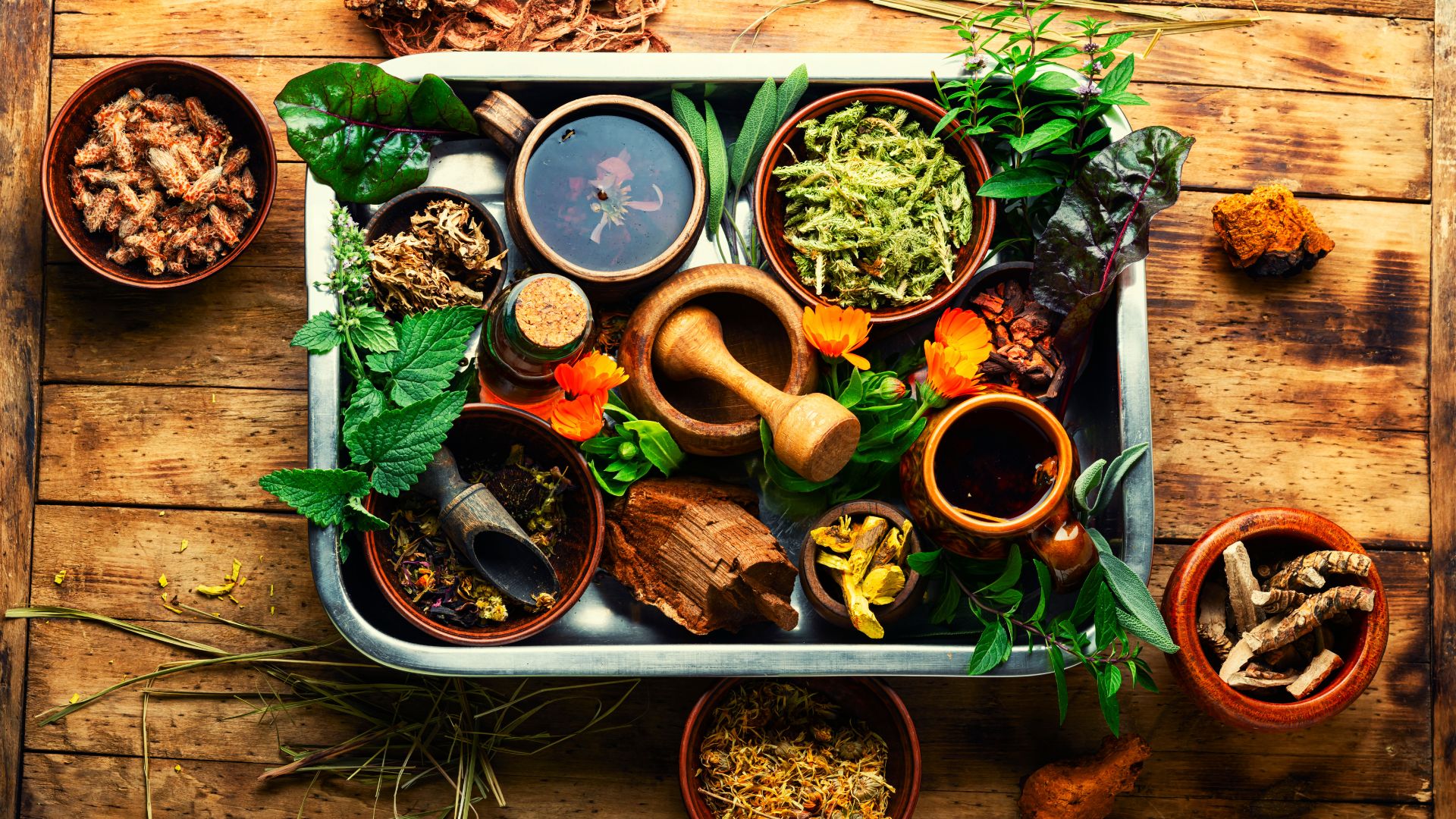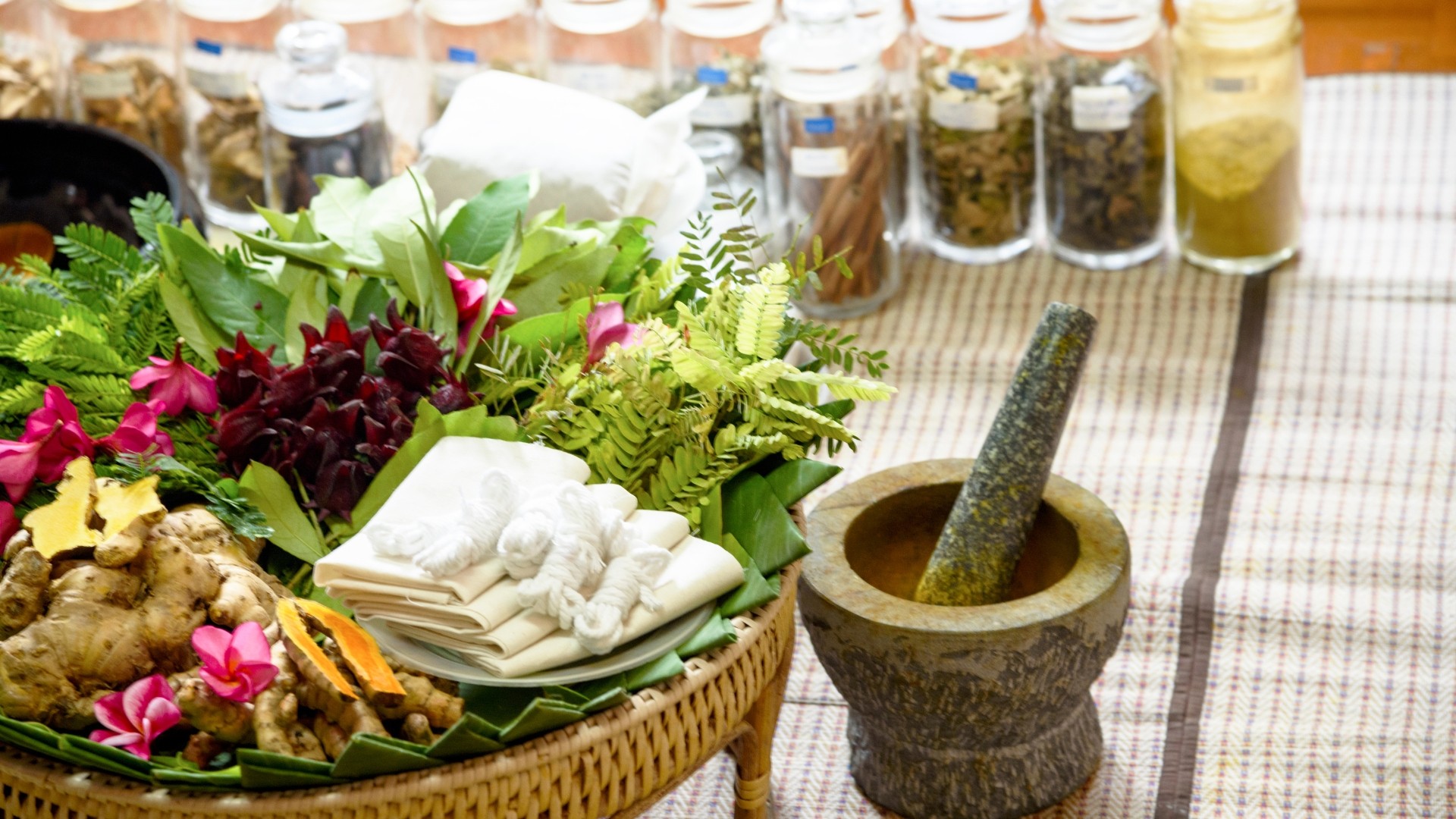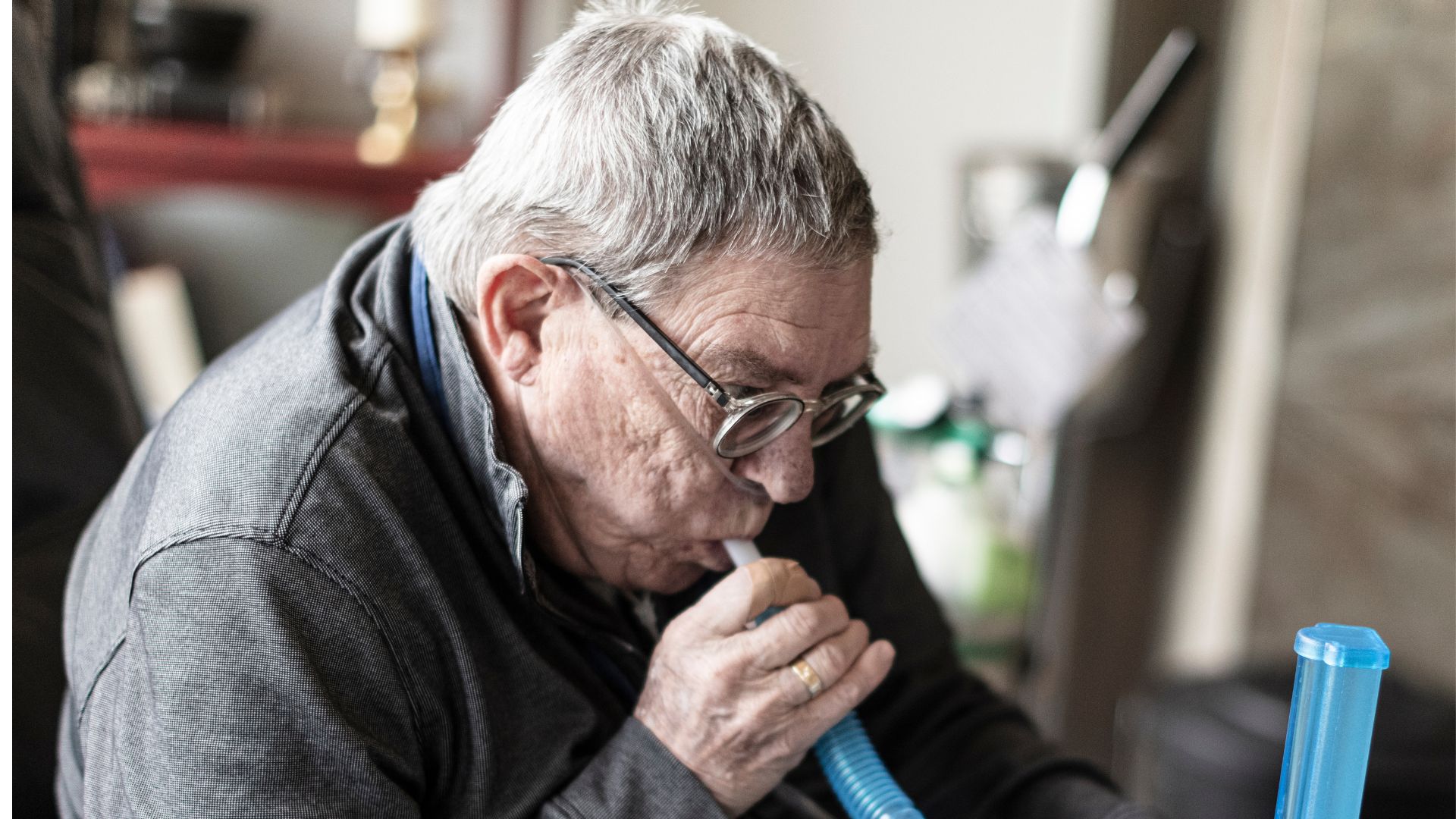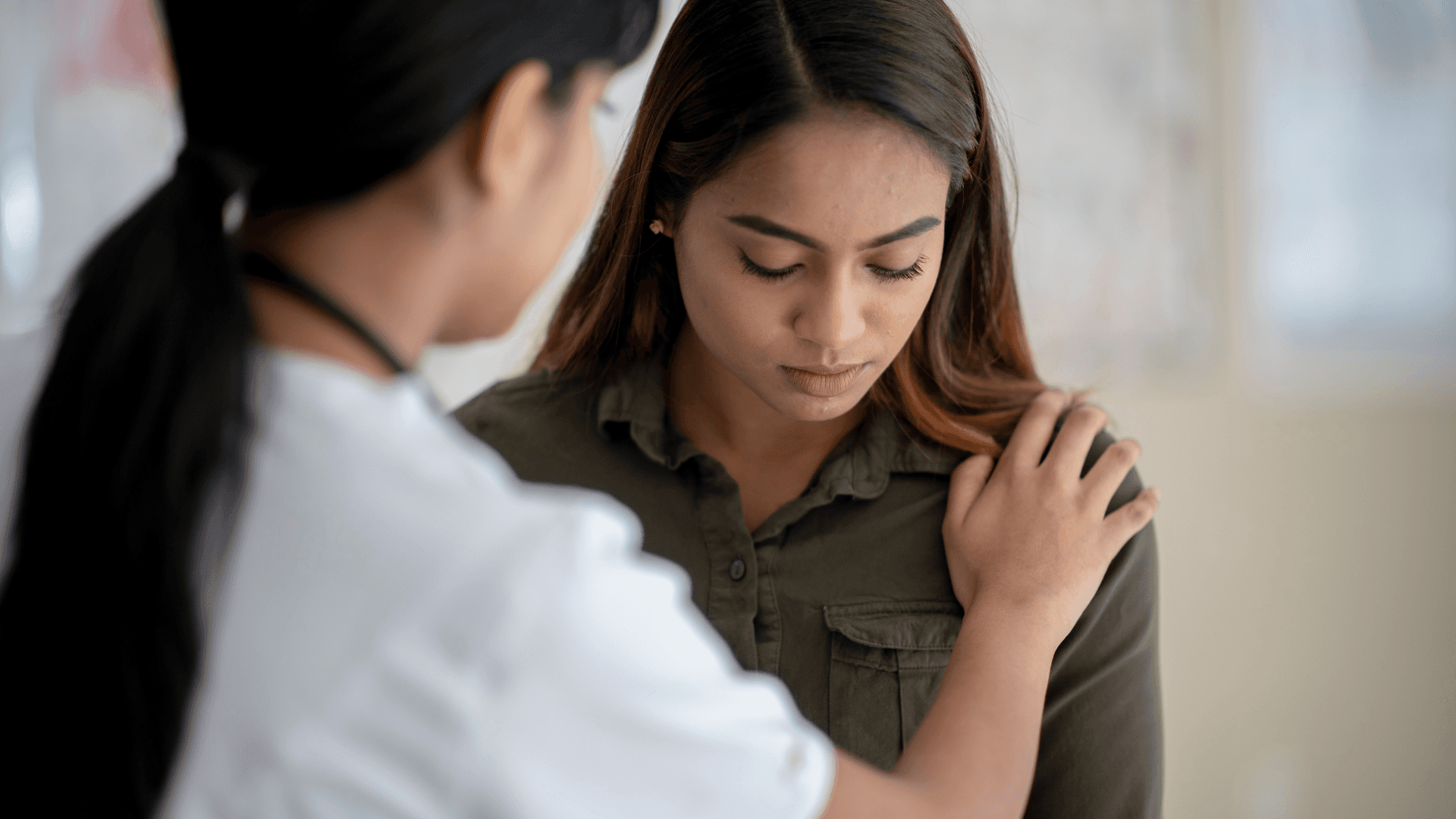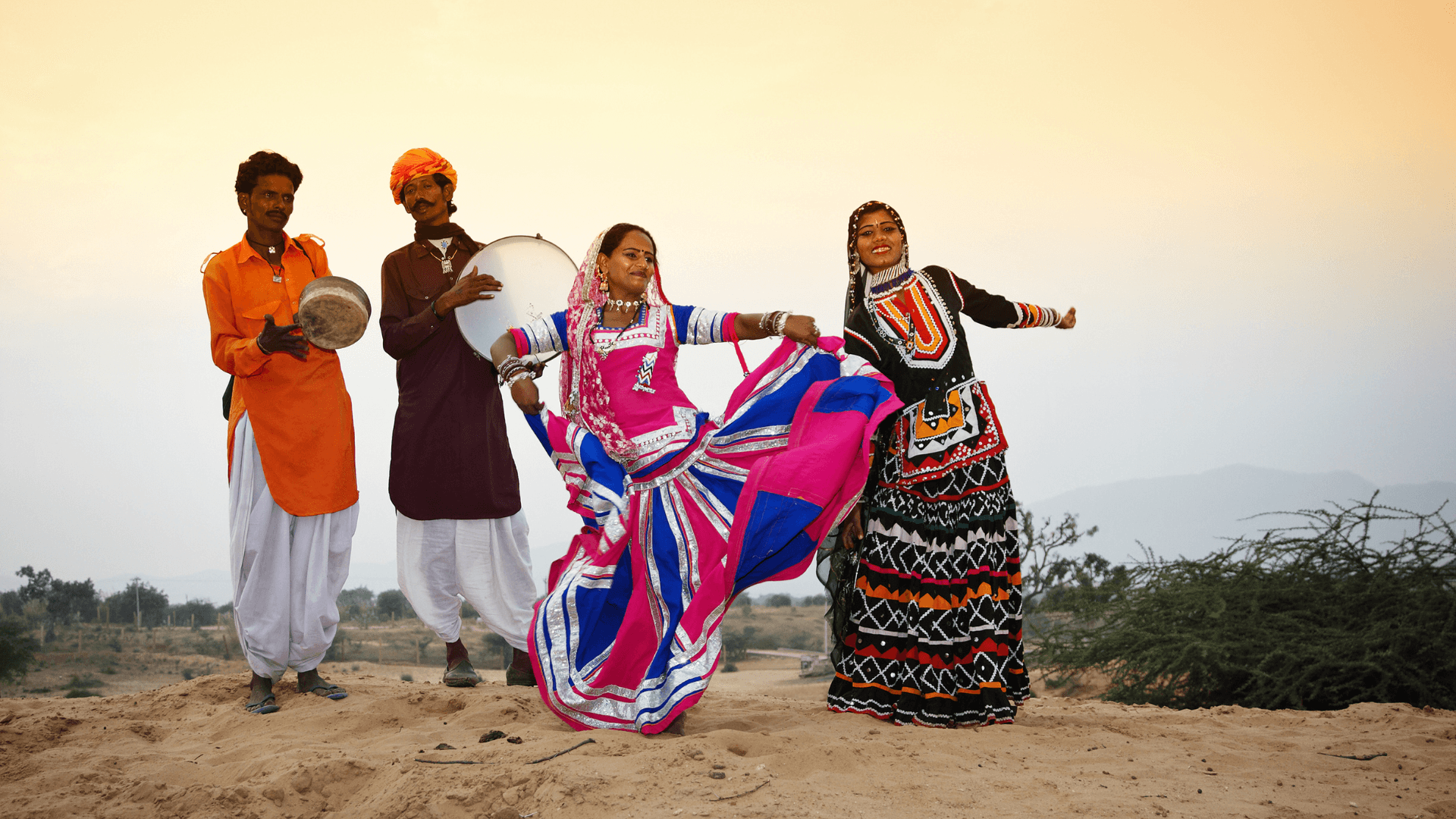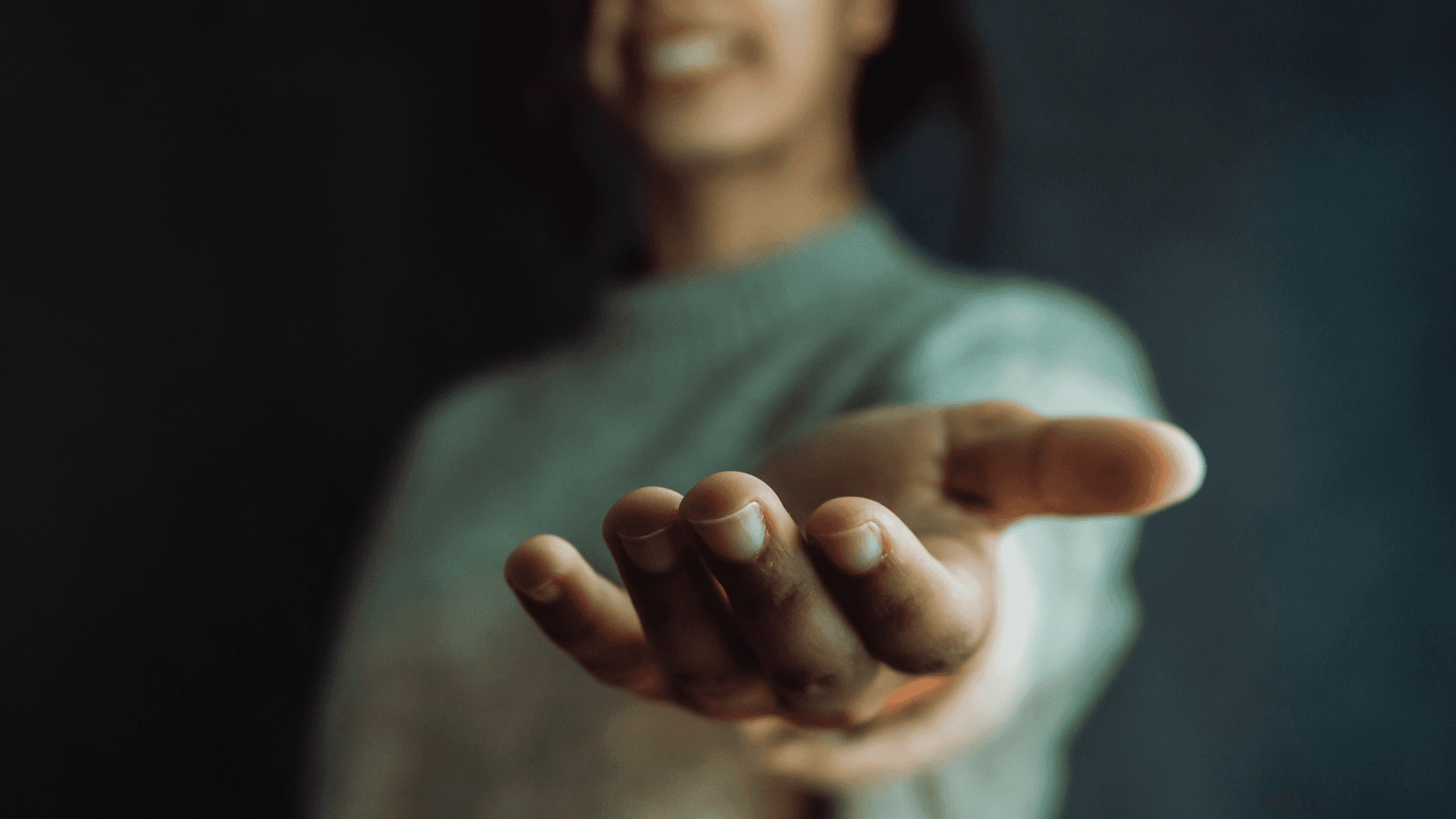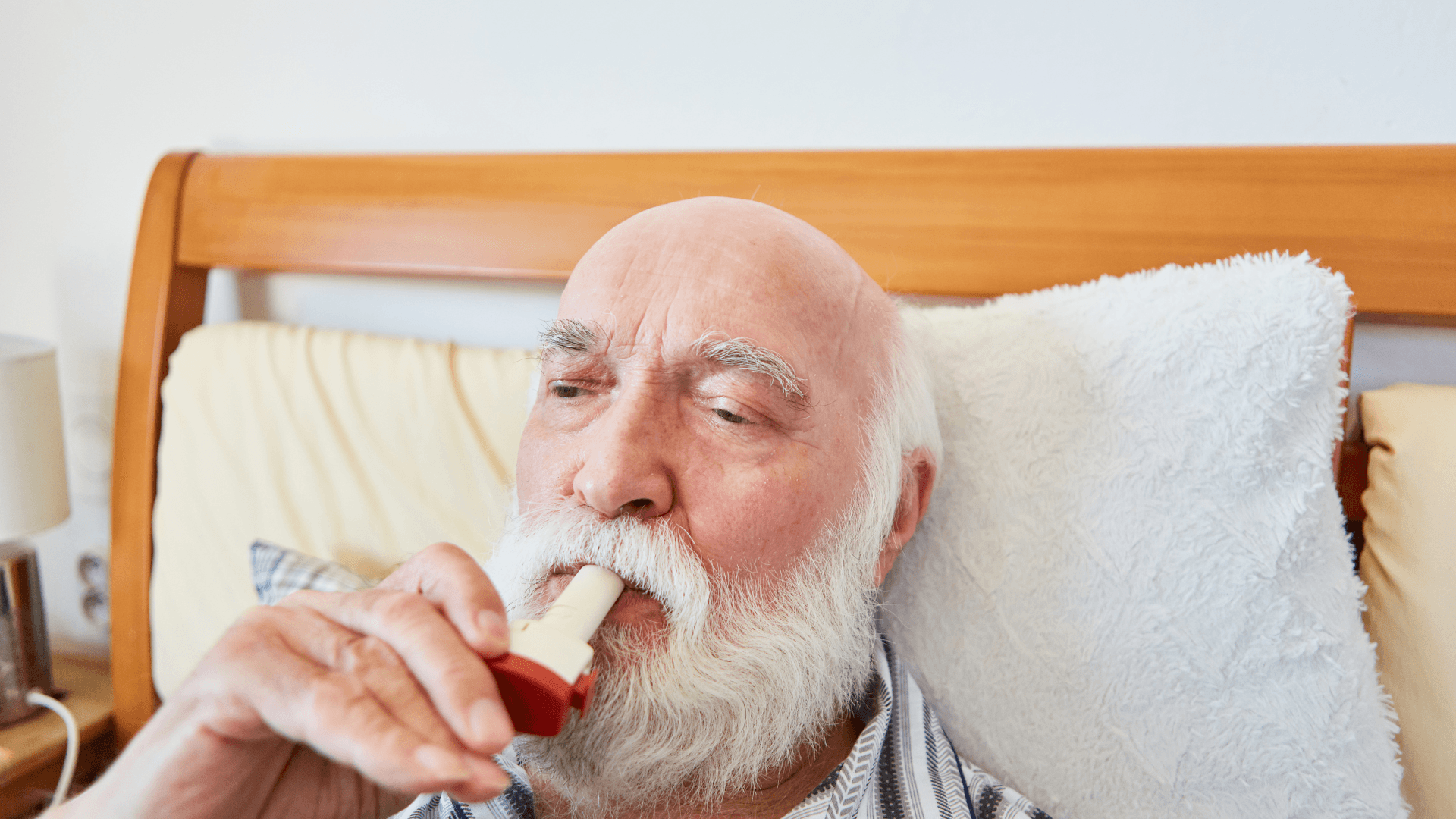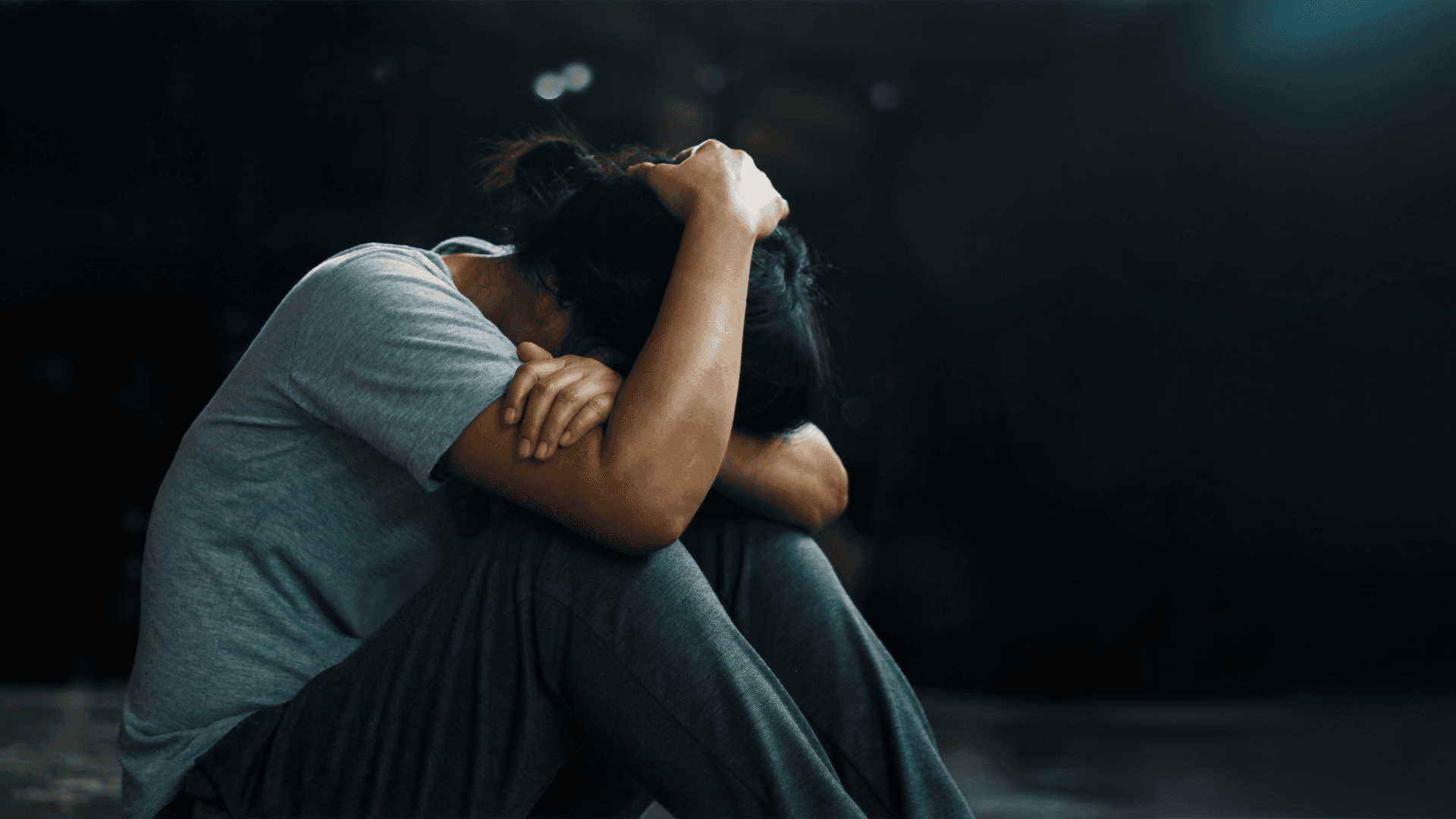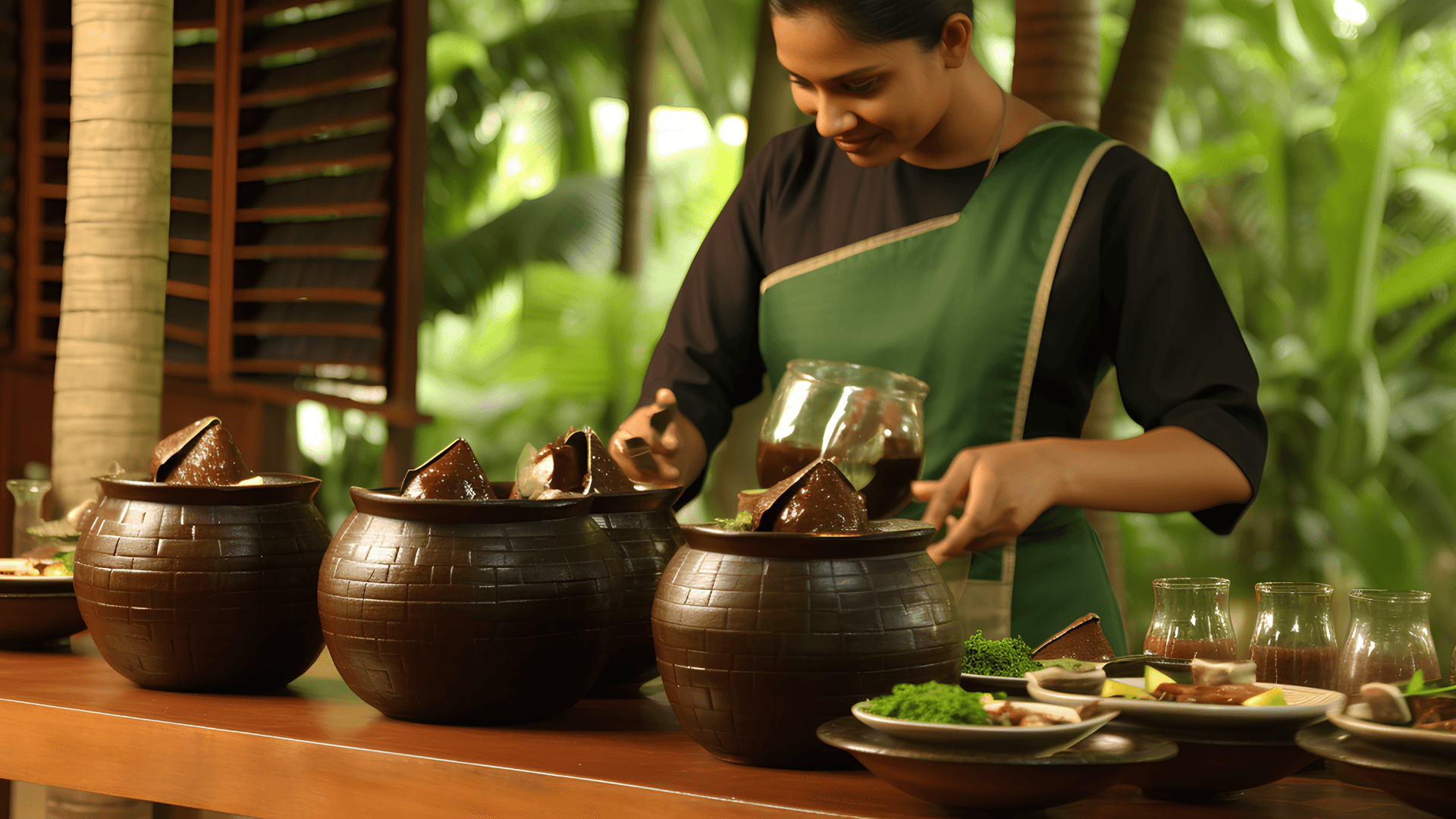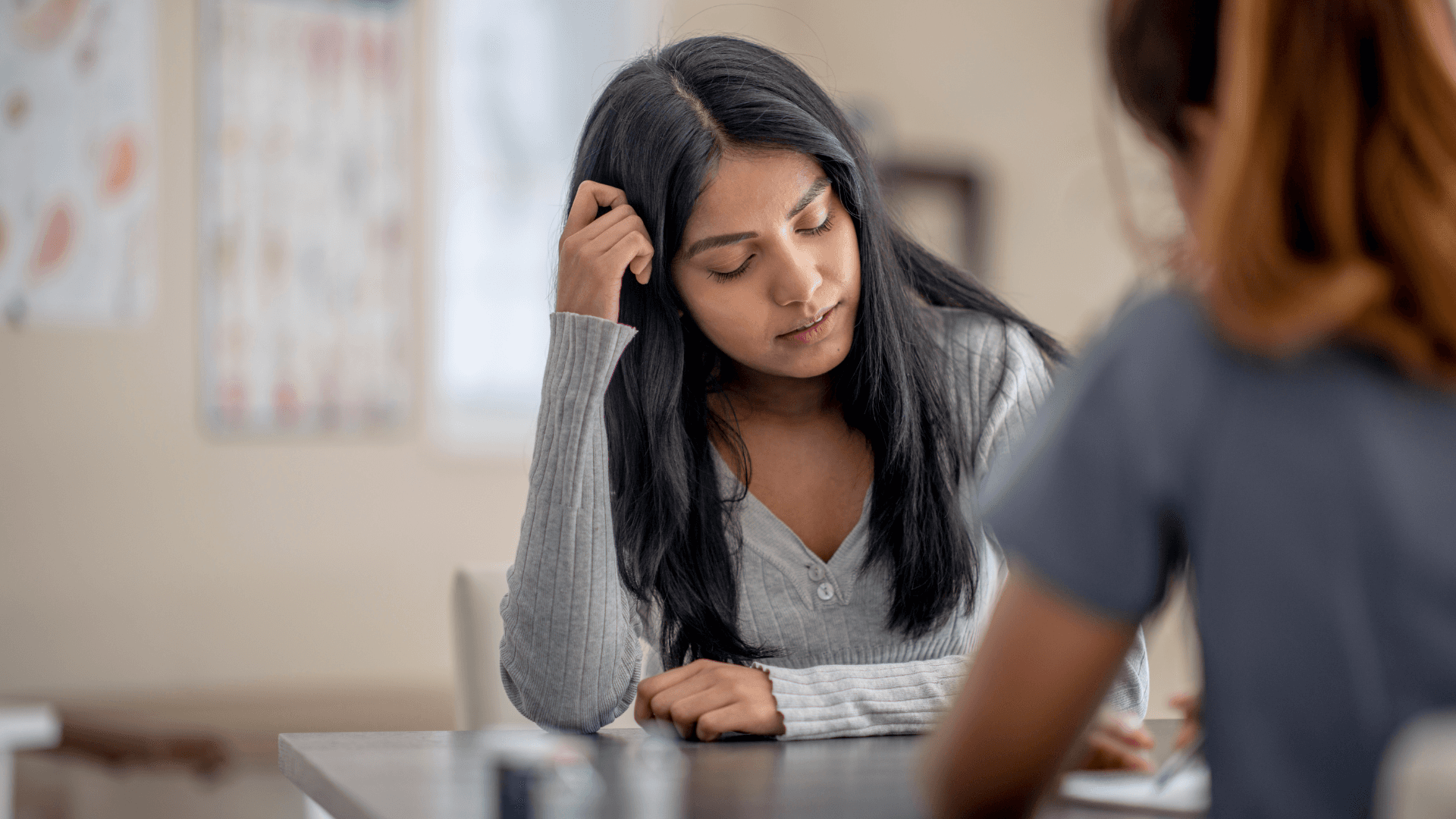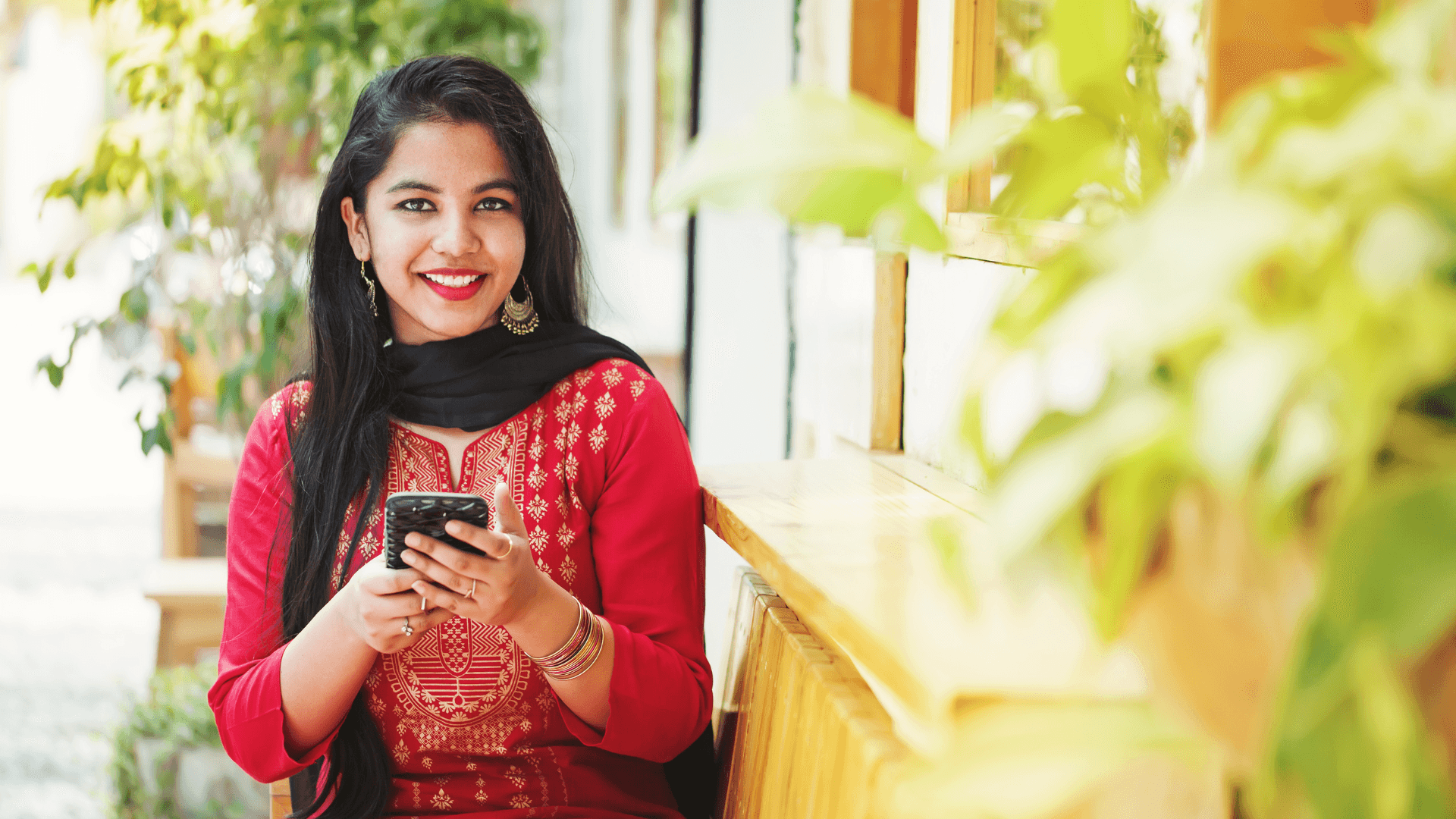Jan 26, 2024
This article explores how South Asian health pros are at the forefront of transforming healthcare through the incorporation of yoga and meditation.
In the dynamic landscape of healthcare, a profound shift is taking place as South Asian health professionals lead the charge in advocating for the integration of yoga and meditation. Beyond traditional medical approaches, these professionals are championing holistic well-being and mindfulness, recognizing the profound impact of ancient practices on overall health.
Bridging the Gap Between East and West
Many South Asian healthcare professionals, having witnessed the power of yoga and meditation firsthand, feel uniquely positioned to bridge the gap between traditional and modern medicine. They understand the cultural nuances and inherent value of these practices, making them effective advocates within the Western healthcare system.
Lived Experience & Evidence
Research: A 2023 study published in the "Journal of Immigrant and Minority Health" found that South Asian physicians were more likely to recommend yoga and meditation to their patients compared to non-South Asian physicians, highlighting their cultural understanding and advocacy.
Many South Asian healthcare professionals have dual training in both Western medicine and traditional systems like Ayurveda, which emphasizes yoga and meditation. This unique perspective allows them to bridge the gap between different healthcare systems.
Combating Chronic Conditions
Research suggests that yoga and meditation can effectively manage chronic conditions prevalent in South Asian communities, like diabetes, hypertension, and anxiety. South Asian healthcare professionals are leading the charge in integrating these practices into treatment plans, empowering patients to take an active role in their health management.
Lived Experience & Evidence
Research: A 2022 meta-analysis published in "JAMA Internal Medicine" found that yoga and meditation were effective in reducing anxiety, depression, and pain, all prevalent chronic conditions in South Asian communities.
According to the World Health Organization, cardiovascular disease and diabetes are leading causes of death in South Asia. Yoga and meditation have been shown to improve heart health and manage blood sugar levels, offering potential benefits for these populations.
Addressing Mental Health Needs
Mental health remains a critical yet often neglected area in South Asian communities. South Asian healthcare professionals are incorporating yoga and meditation as accessible and culturally relevant tools to address stress, anxiety, and depression. Their efforts are fostering a more holistic approach to mental healthcare, breaking down stigmas and encouraging open dialogue.
Lived Experience & Evidence
Research: A 2021 study published in "The Lancet Psychiatry" found that mindfulness-based interventions, which often incorporate meditation techniques, were effective in reducing depression and anxiety symptoms in diverse populations.
Mental health stigma remains a significant barrier to care in South Asian communities. Integrating culturally relevant practices like yoga and meditation can encourage open dialogue and address mental health needs more effectively.
Building Community Resilience
The COVID-19 pandemic highlighted the need for resilience and self-care within South Asian communities. South Asian healthcare professionals have leveraged their expertise to offer virtual yoga and meditation sessions, fostering a sense of community and well-being during challenging times.
Lived Experience & Evidence
Research: A 2020 study published in "Frontiers in Psychiatry" found that yoga and meditation interventions improved psychological well-being and reduced stress in healthcare workers during the COVID-19 pandemic.
South Asian communities were disproportionately impacted by the pandemic. Offering accessible yoga and meditation practices fostered resilience and promoted mental well-being during challenging times.
Overcoming Cultural Barriers
South Asian healthcare professionals understand the cultural nuances and sensitivities surrounding yoga and meditation within their communities. They tailor their approach to address concerns about religious connotations or adapting practices to individual needs, making these practices more accessible and culturally relevant.
Lived Experience & Evidence
Research: A 2019 study published in "Complementary Therapies in Medicine" found that culturally adapted yoga programs were more acceptable and engaging for South Asian participants compared to generic programs.
South Asian healthcare professionals can tailor their approach to address concerns about religious connotations or adapt practices to specific cultural beliefs and customs, making them more accessible and culturally relevant.
Leading by Example
Many South Asian healthcare professionals personally practice yoga and meditation, serving as role models for their patients and colleagues. This authenticity fosters trust and encourages patients to embrace these practices for their own well-being.
Lived Experience & Evidence
Research: A 2023 study published in "BMC Medical Education" found that physicians who practiced yoga themselves were more likely to recommend it to their patients, highlighting the importance of personal experience.
When South Asian healthcare professionals embody the benefits of yoga and meditation, it serves as a powerful testament to their effectiveness and encourages patients to embrace these practices for their own well-being.
The Future of Integrative Healthcare
As South Asian healthcare professionals continue to champion yoga and meditation within healthcare, they pave the way for a more integrative approach to well-being. Their efforts hold immense potential to improve patient outcomes, address cultural nuances, and empower individuals to take charge of their health journey.
Lived Experience & Evidence
Research: A 2022 survey by the American College of Physicians found that a growing number of physicians are integrating complementary and alternative therapies, including yoga and meditation, into their practices.
As research continues to demonstrate the benefits of yoga and meditation, these practices are gaining wider acceptance within the healthcare system. South Asian healthcare professionals are at the forefront of this movement, paving the way for a more holistic and culturally sensitive approach to healthcare.
This glimpse into the transformative work of South Asian healthcare professionals, supported by research, facts, and key factors, highlights the immense potential of integrating yoga and meditation into healthcare. Their dedication serves as a beacon of hope for a future where all individuals can access culturally relevant and holistic healthcare practices that promote well-being from within.
